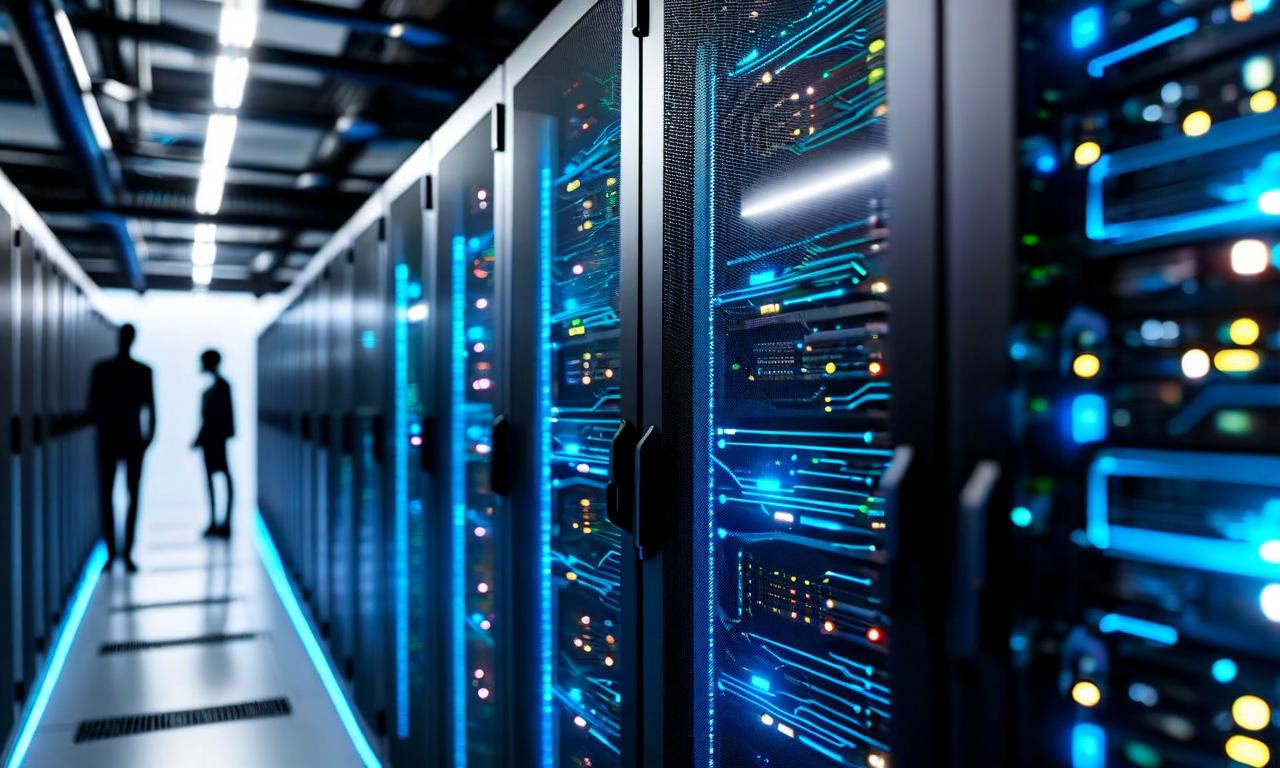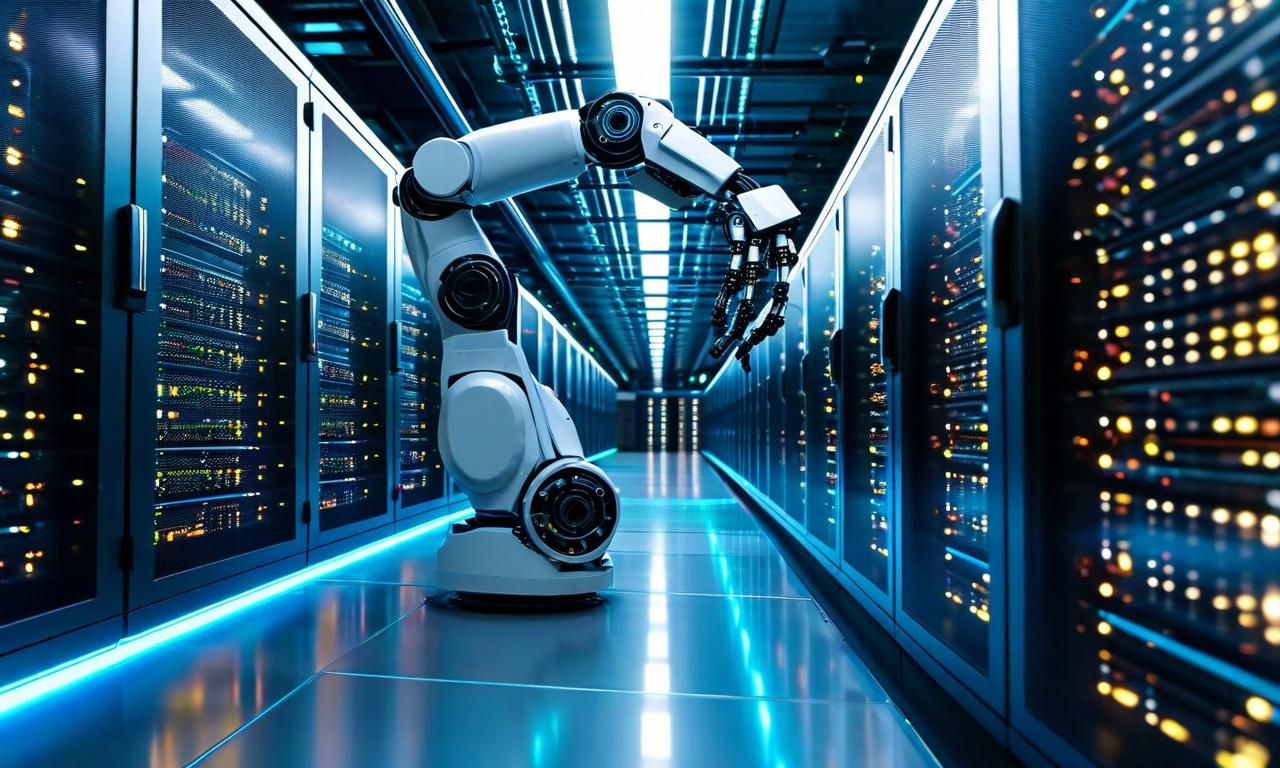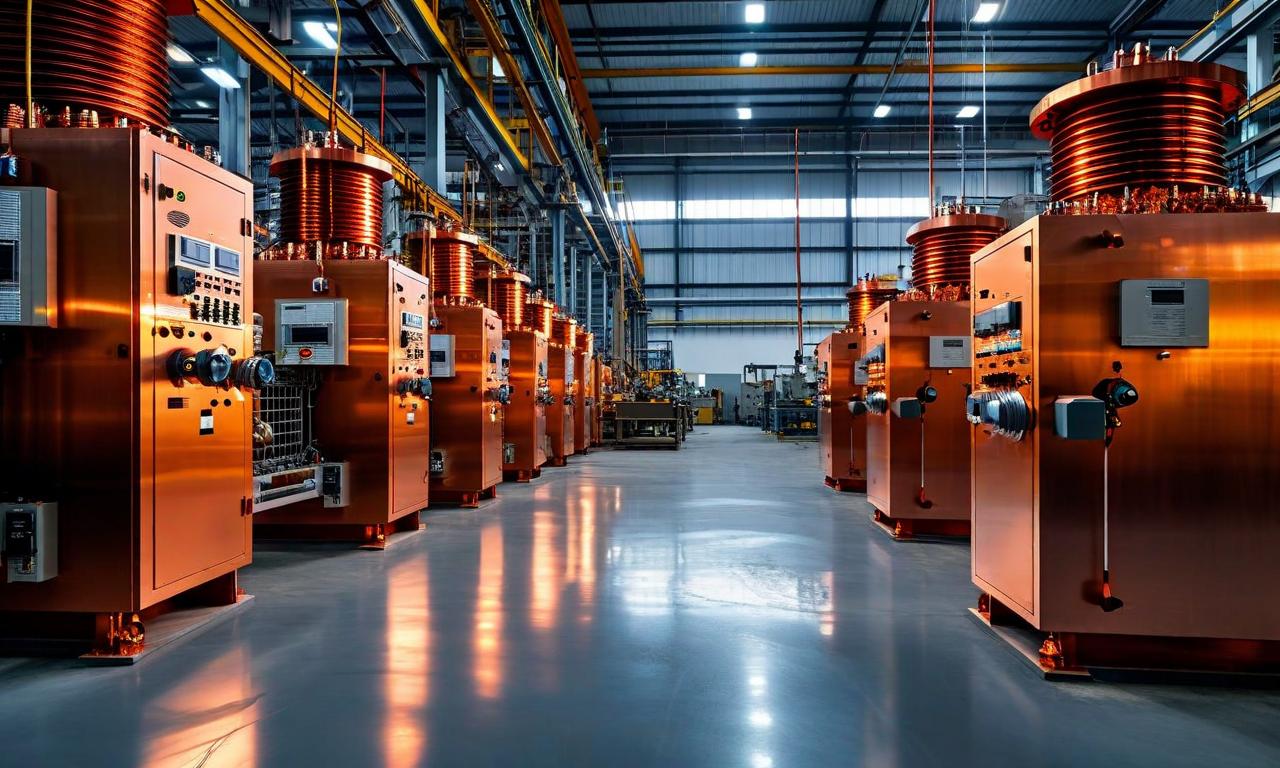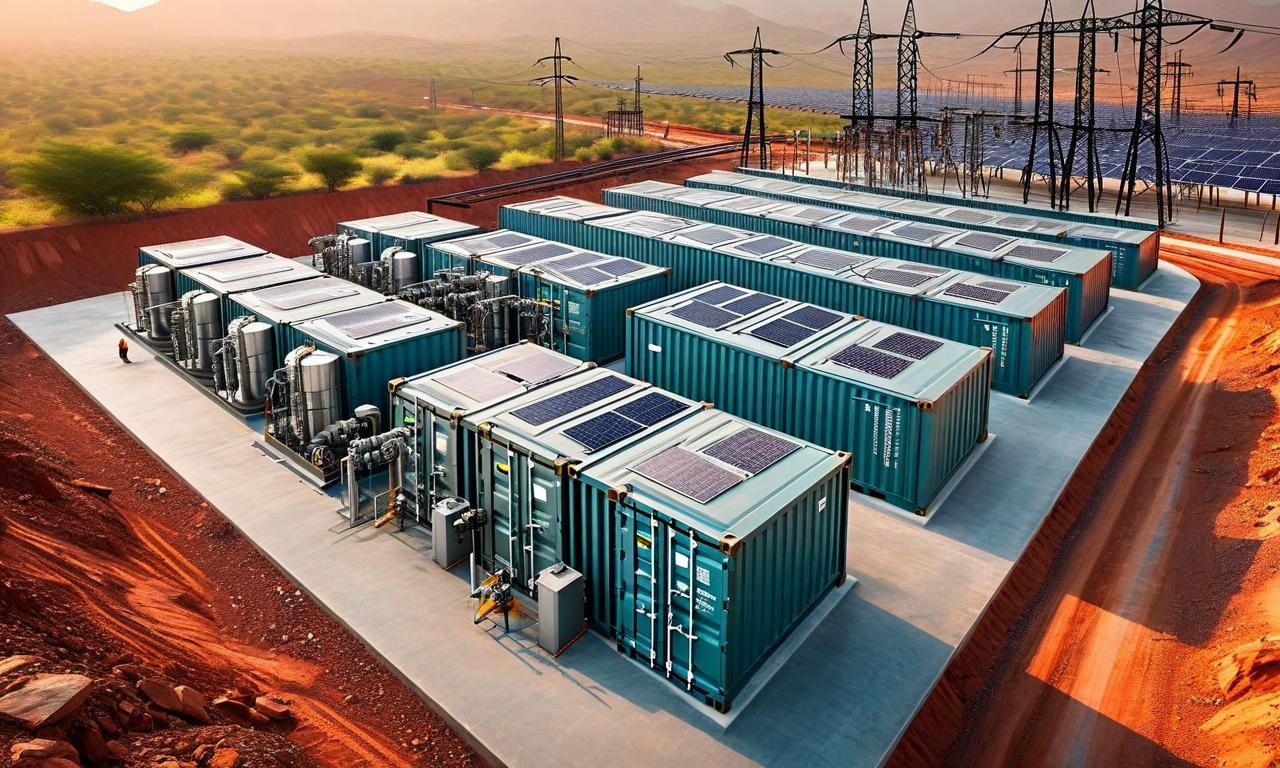OpenAI Seeks Expansion of Chips Act Tax Credit to AI Infrastructure
OpenAI has approached the Trump administration with a proposal to expand the existing 35% chips-focused tax credit to include AI data centers, AI server producers, and electrical grid components. The company argues this would lower capital costs and accelerate AI infrastructure development in the US. OpenAI has also suggested government grants, loans, or loan guarantees to AI manufacturers. This proposal follows OpenAI's $1.4 trillion commitment to AI infrastructure spending. The administration has previously stated opposition to financial support for AI companies.

*this image is generated using AI for illustrative purposes only.
OpenAI, a leading artificial intelligence research laboratory, has approached the Trump administration with a proposal to broaden the scope of a significant tax credit initiative. The company is advocating for the inclusion of AI data centers, AI server producers, and electrical grid components in the existing 35% chips-focused tax credit.
The Proposal
In a letter dated October 27, addressed to Michael Kratsios, the Director of the White House Office of Science and Technology Policy, OpenAI's Chief Global Affairs Officer Chris Lehane presented the company's case. The core argument revolves around the potential benefits of this expansion:
- Lowering capital costs for AI infrastructure
- Accelerating AI infrastructure development in the United States
This move comes in the wake of OpenAI's substantial commitment to the AI sector, with the company pledging $1.4 trillion in spending on data centers and chips for advanced AI systems.
Context and Controversy
The request from OpenAI follows a recent controversy involving the company's CFO, Sarah Friar. Friar had suggested the possibility of government backing for AI financing, a statement she later clarified as misspoken. This incident has added a layer of complexity to OpenAI's current proposal.
Government's Stance
The Trump administration has thus far maintained a firm position against providing financial support to AI companies:
- The White House AI czar, David Sacks, has explicitly stated that there will be no federal bailout for AI.
- The administration has dismissed ideas of bailouts for AI companies.
OpenAI's Additional Recommendations
Beyond the tax credit expansion, OpenAI has put forward additional suggestions to bolster the AI industry in the United States:
- Government grants
- Loans or loan guarantees to AI manufacturers
These measures are proposed with the aim of:
- Countering Chinese market distortions
- Reducing lead times for grid components
Recent Legislative Changes
It's worth noting that the Advanced Manufacturing Investment Credit saw an increase from 25% to 35% in July as part of congressional tax legislation. OpenAI's current proposal seeks to build upon this existing framework.
Implications
The outcome of this proposal could have significant implications for the AI industry in the United States. If accepted, it could potentially accelerate AI development and infrastructure growth, while also addressing concerns about international competitiveness in the AI sector.
As the situation develops, it will be crucial to monitor the administration's response and any potential shifts in policy regarding AI infrastructure and development support.





























